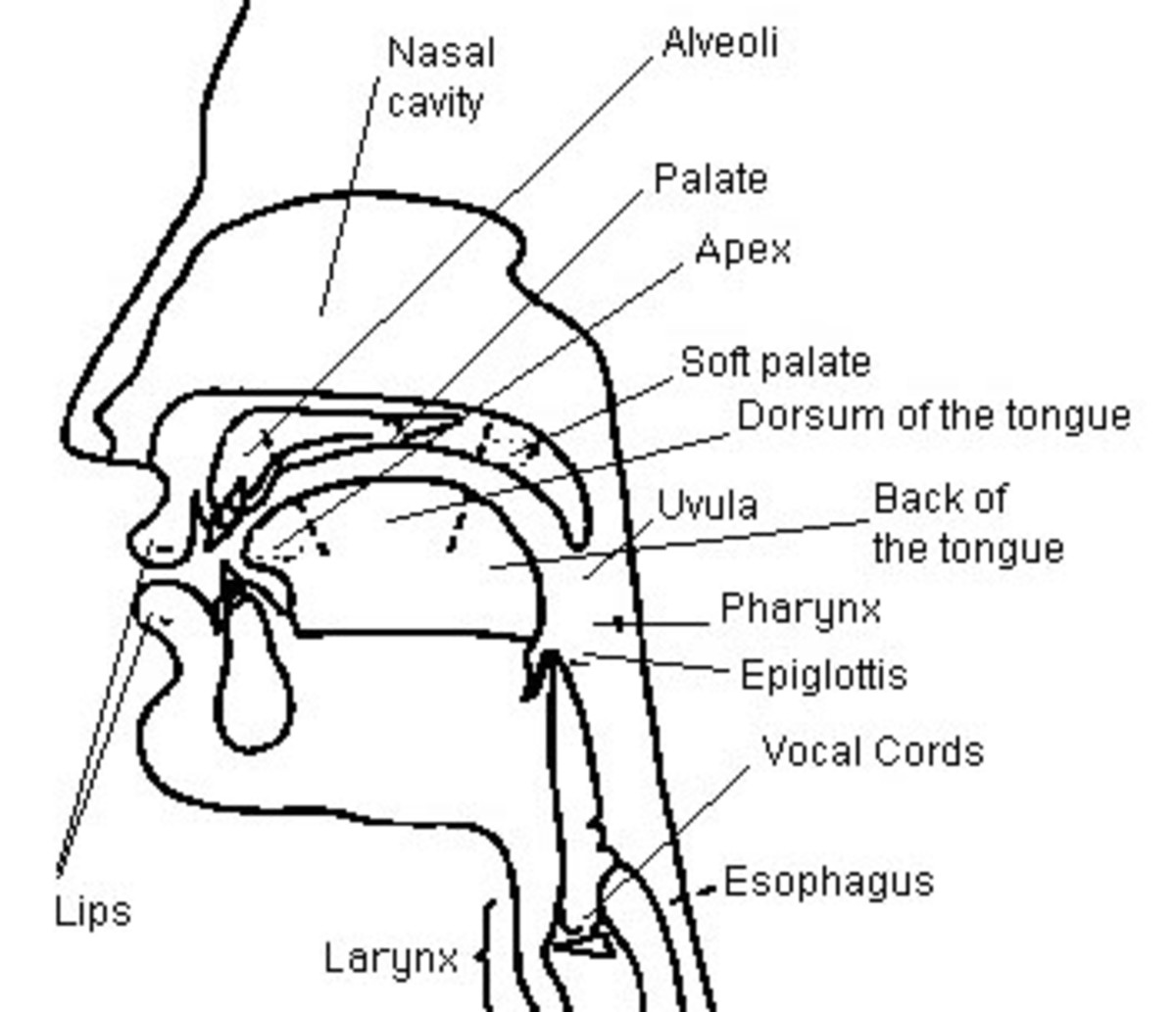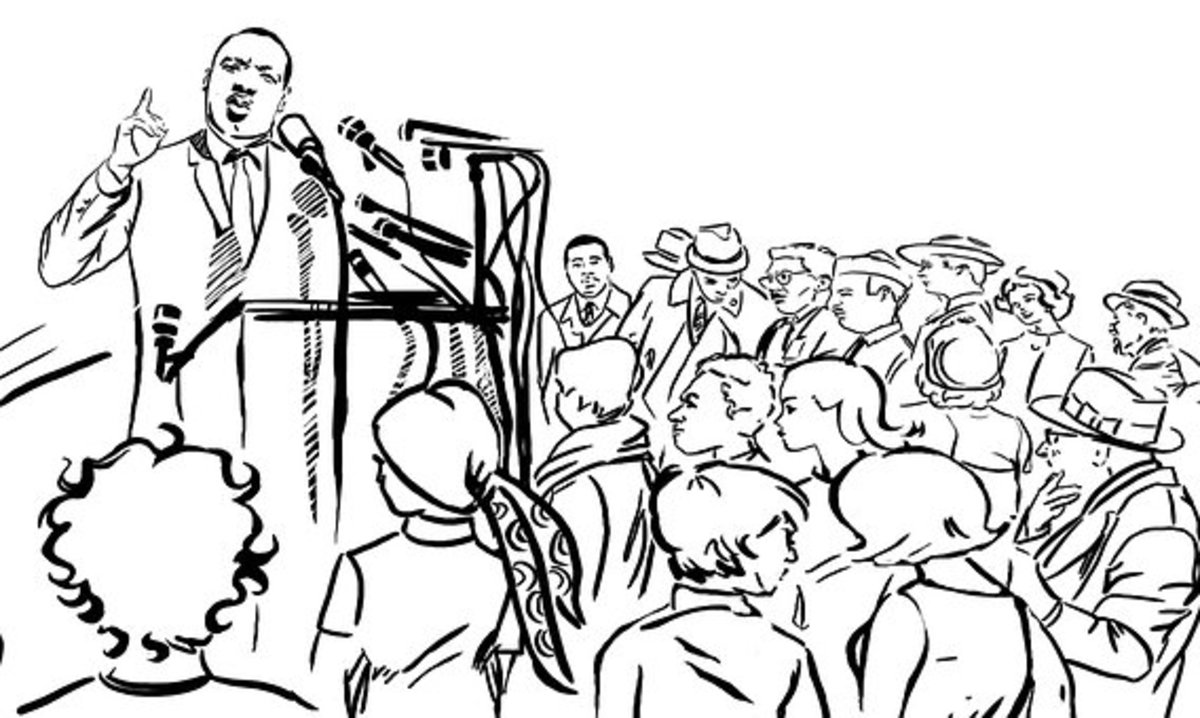Who, Whom, Whose, Which, That – Common Mistakes in English as a Second Language (ESL)

Who, whom, whose, which and that are often misused words in English as a Second Language or ESL.
The mistakes in using these words are actually understandable.
Who, whom, whose, which and that are all relative pronouns placed at the start of a relative clause.
A relative clause is a group of words in a sentence that does not have a complete meaning. It relies on a main clause in a sentence to make its thought complete.
As the first word in a relative clause, who, whom, whose, which or that refers to a person or a thing called antecedent that is included in the main clause.
Now, most of our errors in using who, whom, whose, which and that come from our trouble in understanding the antecedent.
Here is a guide on knowing the best relative pronouns to use for whatever antecedent.
When to Use Who
Perhaps one of the most common mistakes in the English language is the use of who and whom.
So common are these mistakes that many people have started to interchange the two words and accept all their uses as correct.
Still, it pays to know our English grammar well.
We use who in the following conditions:
- When we can turn questions with relative pronouns to statements with he, she or I, then we use who.
- When we are asking questions about a person who is the subject of our question, then we use who. In this case, who functions as an interrogative pronoun.
- When we are a making statements and a relative pronoun is used to refer to the subject of the statement, then we can use who.
Examples of Who in Sentences
- Who left the purse? He is the one who left the purse in the train.
- Who found the purse? Are you the one who found the purse in the train?
- Nicola is the one who brought the purse to the Lost and Found Counter. (Note: The subject of the sentence is “Nicola.”)
When to Use Whom
We use whom in the following situations:
- When we can turn questions with relative pronouns to statements with him, her, or me, then we use whom.
- When we are asking questions about a person who is the object of our question, then we use whom. In this case, whom functions as an interrogative pronoun.
- When we are a making statements and a relative pronoun is used to refer to the object of the statement, then we can use whom.
- When we need to add a relative pronoun that refers to a person after a preposition, then we use whom.
Examples of Whom in Sentences
- To whom was the purse given? She is the one to whom the purse was given.
- Whom did you tell that you found a purse?
- Samantha is the employee whom you talked to at the Lost and Found Counter. (Note: The object in the sentence is “employee.”)
- Passengers, one of whom claims the purse to be his, could not even tell what was inside the piece.
More Tips on Using Who and Whom
Who is always the doer of an action while whom is the receiver of an action in a sentence.
This means that who is the subject while whom is the object.
As such, who functions like I, he or she while whom works like me, him or her.
If this gets a little confusing, then we can try to rephrase our sentences and see if we can substitute words for who or whom while keeping our sentences correct in terms of grammar.
When to Use Whose
We use whose in this case:
- When we want to show ownership of the subject who, then we use whose.
Whose is related to who in the sense that the former is the possessive form of the latter. By possessive form, we mean a word that shows possession.
Examples of Whose in Sentences
- Whose purse is this?
- I often see a passenger whose purse is exactly like this.
Notes on Whose
Many of us confuse whose with who’s.
Who’s is simply a contraction of who is and sometimes who has.
It is obviously different from whose.
When to Use Which
Which and that are also one of the most commonly interchanged words in the English language as both refer to things.
However, that can be used in the same way as who and refer to person or persons.
Still, there are fundamental conditions that make the use of each of these words correct.
We use which in the following cases:
- When there is a non-restrictive phrase in a sentence, then we use which, not that.
A non-restrictive phrase is not an important part of a sentence. It can be deleted as the meaning of the sentence would still be complete.
Note that we need to use commas to set off a non-restrictive phrase in a sentence.
- When the tone of a sentence is formal, then we use which.
Examples of Which in Sentences
- The house, which has a carrot -colored roof, looks very much Portuguese.
- This is the house, which I bought through a bank loan.
When to Use That
We use that in the following cases:
- When there is a restrictive phrase in a sentence, then we use that, not which.
A restrictive phrase is an important part of a sentence. It cannot be deleted as the meaning of the sentence would be incomplete.
Note that we do not set off a restrictive phrase from the rest of a sentence. Thus, we do not need to use commas before and after a restrictive phrase.
- When the tone of a sentence is informal, then we use that.
Examples of That in Sentences
- The house that has a carrot -colored roof looks very much Portuguese.
- This is the house that I bought through a bank loan.
Mini Test in Who, Whom, Whose, Which, and That
- Would you know _____ watch this is?
- _____ has a gold watch?
- Liz is the woman _____ he gave a gold watch.
- This is the watch, _____ costs $1.5 million, that the movie star gave to Liz.
- The watch _____ costs $1.5 million was auctioned off.
Mini Test Answers
- whose
- Who
- whom
- which
- that
Copyright © 2012 Kerlyn Bautista
All Rights Reserved







